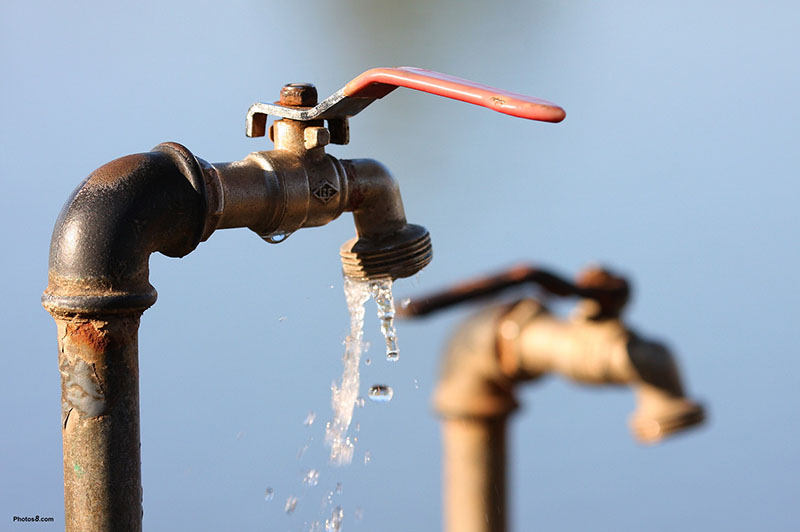Community Water Alliance (CWA) has warned that unless the water crisis in the country is attended to, a disaster looms.
CWA chairperson Hildaberta Rwambiwa told the Daily News that there is an escalating water crisis in every local authority.
Rwambiwa’s remarks come as Harare and Bulawayo have started rationing water as their sources have depleted due to low rainfall activity and siltation.
“The majority of local authorities in the country are proposing water rationing and this is likely to cause a health disaster if the situation is not handled properly.
“The crisis is manifesting through dwindling water levels in dams where local authorities abstract water for treatment before distributing to citizens.
“Besides dwindling water levels in dams; there is serious siltation in dams, very high water pollution levels, poor catchment management and wetlands depletion, poor quality of potable water, insufficient potable water, obsolete infrastructure, crisis of foreign currency availability for water treatment chemicals, poor funding for water projects, downgraded sewerage and water treatment plants,” she said.
The CWA chairperson emphasised the need for government to convene an Indaba on the course of action to be taken.
“Government should declare a state of disaster regarding the nation’s water, sanitation and hygiene, while also making transparency and accountability of duty bearers on access to water,” Rwambiwa said.
In January, Harare City Council advised that it would institute a water rationing regime as capacity levels at Lake Chivero were slowly dwindling.
HCC director of water Mabhena Moyo said the lake’s water levels were relatively lower as compared to previous years.
Bulawayo City Council also started a 48-hour water shedding programme arguing that their supply dams were very low.
“The Bulawayo City Council would like to advise residents of Bulawayo that due to a serious drop in water supplies from the six dams supplying the city, we will be going into a 48-hour water shedding instead of a 24-hour water shedding.
“Again this situation has further worsened due to the bursting of the Mtshabezi Pipeline,” BCC senior public relations officer Nesisa Mpofu said.






